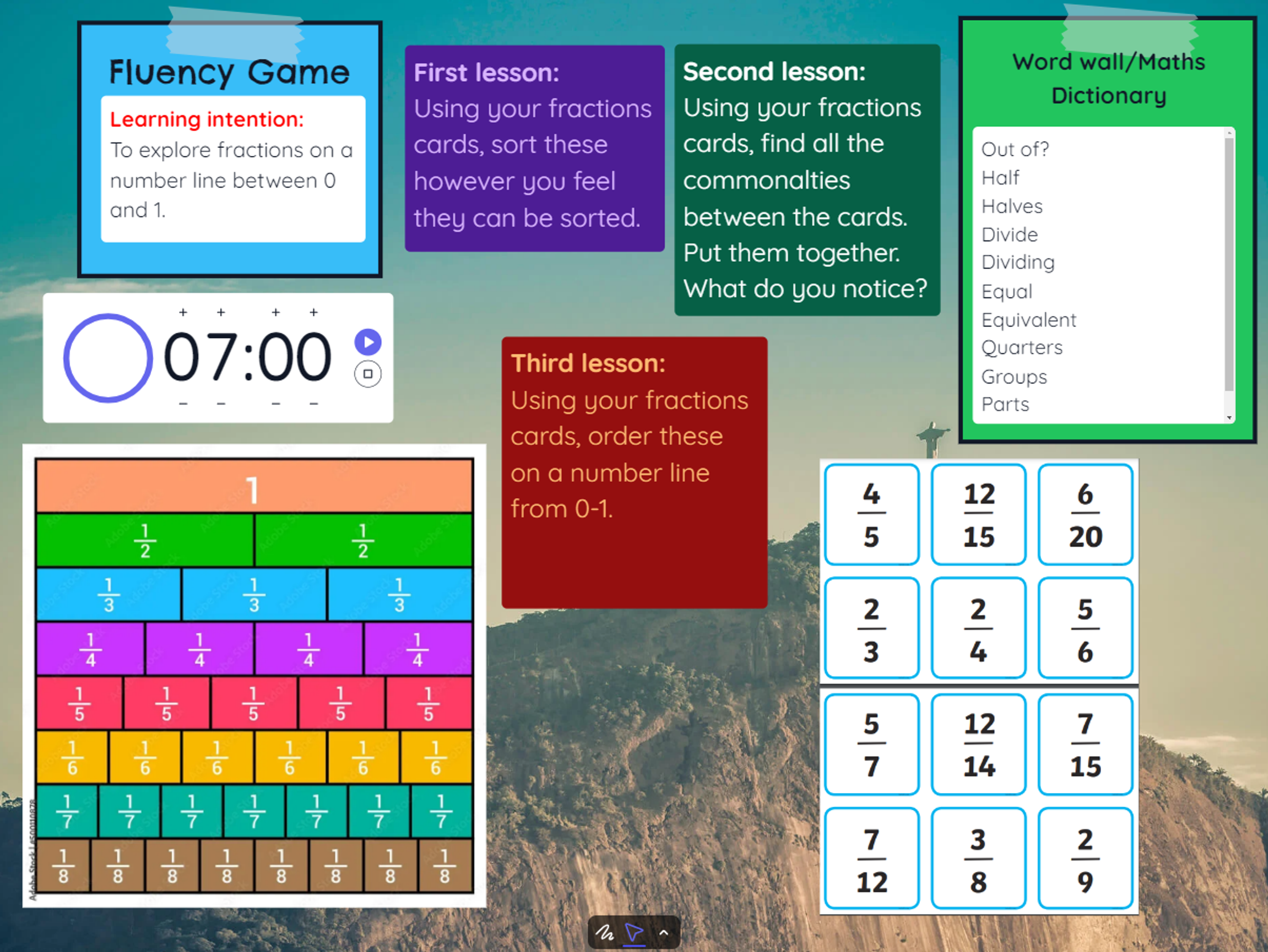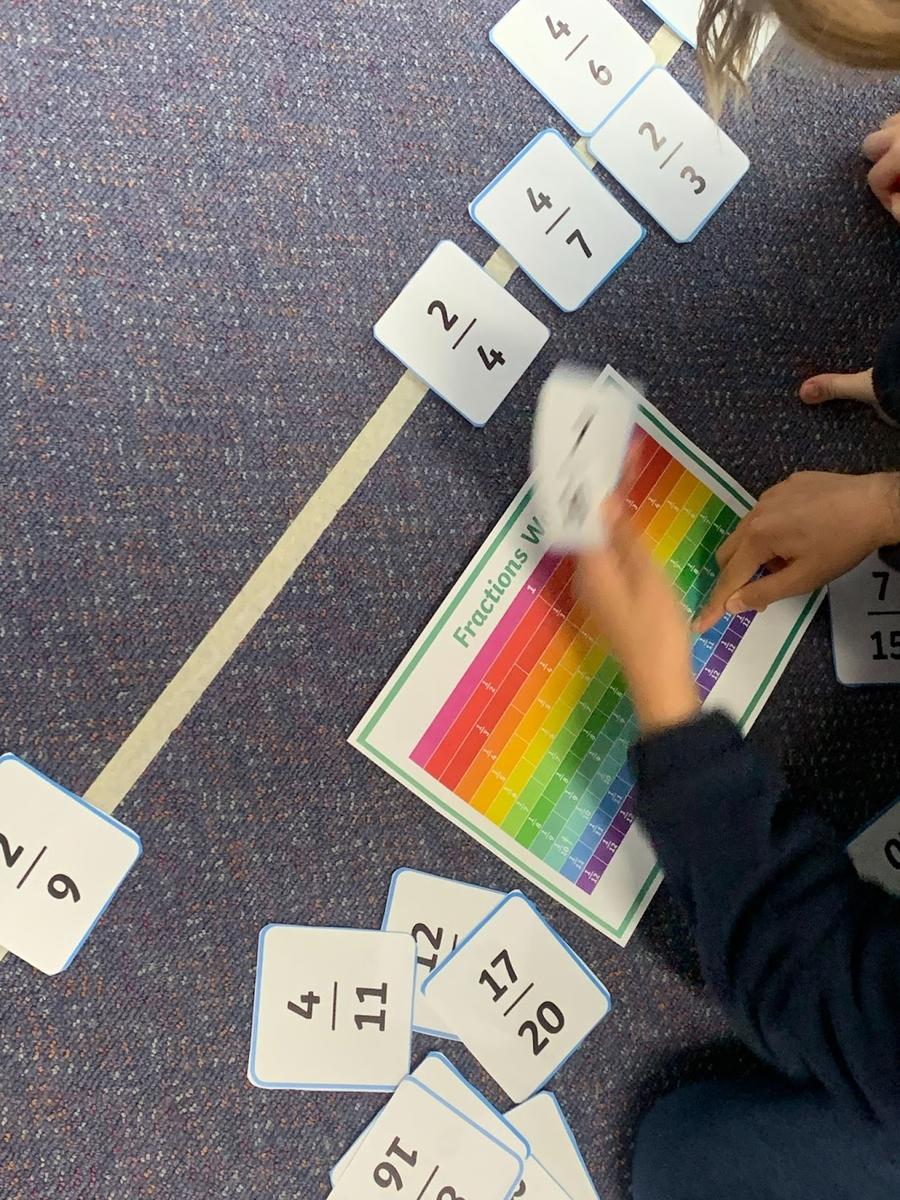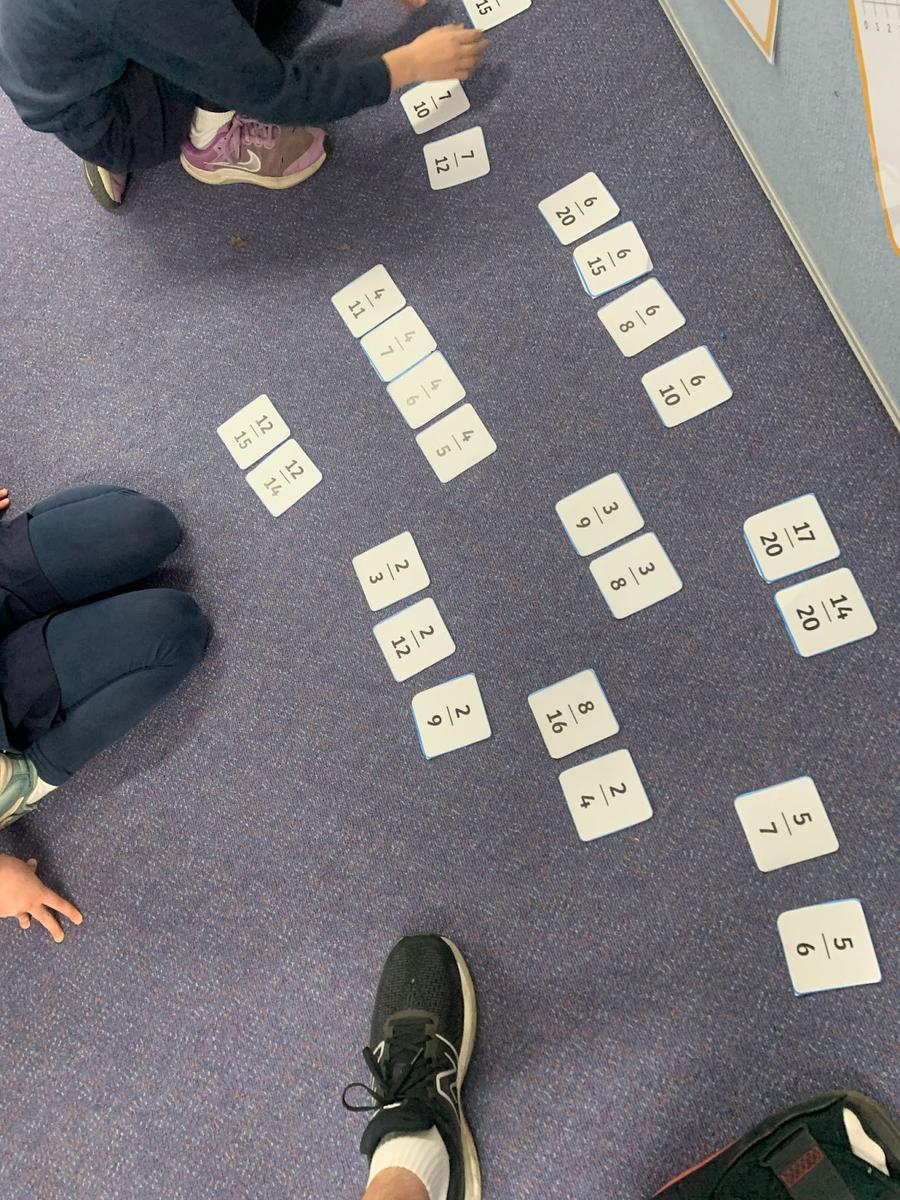Year 3/4 Bulletin

Maths at Armadale Primary School
Mathematics at Armadale Primary School involves developing all learners’ capacity to be confident, creative, reflective, questioning, investigative and value making mistakes as a significant aspect of learning. Through the enactment of the proficiencies, learners develop a deeper understanding of the relationship between the ‘why’ and ‘how’ of mathematics. Learners build their capabilities when they connect mathematics to the real world, when they represent concepts in different ways and when they describe their thinking mathematically.
The 4 proficiencies (understanding, fluency, problem solving and reasoning) are used as a lens for each learning experience. The planning template ensures that 240 minutes is allocated for weekly mathematical sessions.
The Numeracy Focus Areas that they plan and deliver:
- Developing number sense – quantifying numbers, additive strategies, multiplicative strategies
- Exploring patterns and relationships – number patterns, algebraic thinking
- Using proportional language – operating with decimals, operating with percentages, comparing units, interpreting fractions, understanding money
- Understanding and using geometric properties and spatial reasoning – understanding geometric properties, positioning and locating
- Understanding, estimating and using measurement – understanding units of measurement, measuring time
- Exploring chance and data – Gathering, reporting and interpreting data. Making predictions and testing and reporting predictions
A typical Maths session is structured around our instructional model.
- Fluency Game - Children play the same game throughout the course of the week for 5-8 minutes at the beginning of each session. The session’s resources are set up and waiting, students walk straight in and begin without prompting.
- Explicit Launch: Children are introduced to the Learning Intention and the concept focus of the lesson (purpose of the lesson) (15 mins)
- Small: Children complete small group activities in table groups (30 mins)
- Small Targeted Groups: Teacher works with a small group that read to refine their reading and comprehension
- Whole: Students review the session, revisiting the Learning Intention and sharing their discoveries (5 mins)
- Above is a screenshot of a Classroom Screen that informs students as to the Fluency Game over the course of the week.
Why do we do “Fluency Games?”
We do a “Fluency Game” at the beginning of each Maths session for between 6 and 8 minutes. This gives students an opportunity to work on their mathematical fluency.
“Mathematical fluency is the ability to quickly and accurately recall mathematical facts and concepts. It's made up of 5 key parts – accuracy, flexibility and appropriate response, efficiency, automaticity, and number sense.”
Fluency games relate to the concepts being studied in class. In the example above, we are focusing on fractions (specifically this week, the concept of fractions on a number line). This Fluency Game allows students an opportunity to independently work to increase their fluency. We promote further questions with the children, and offer modifications to the fluency game in order to make things more challenging for the children.
What parents can do at home: Modifications
Using either homework tasks, board games or card games and as you play them, identify modifications to further challenge the ideas, concepts of learning that are challenged within each game. Each time you play, add a modification. For example, making fractions connections to real life. This will encourage further mathematical thinking, connections to concepts and making maths fun!
Allira, Richard and Roula
Year 3/4 Team
Allira.Zeneli@education.vic.gov.au






